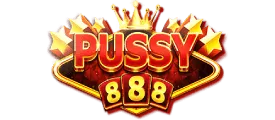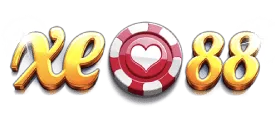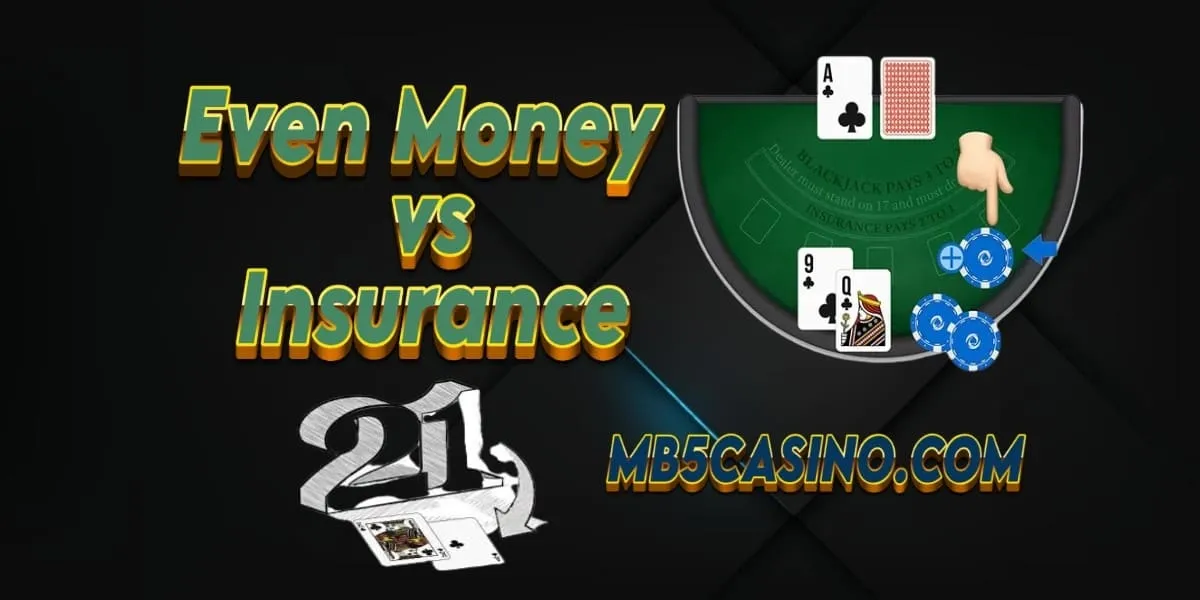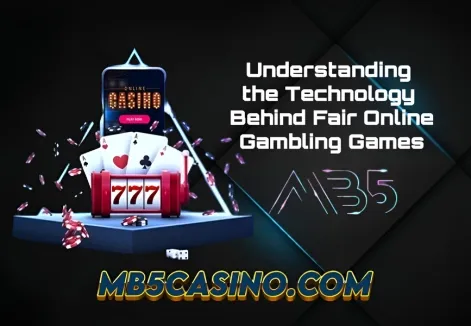Blackjack is a game of skill, strategy, and mathematics, and a key part of mastering it is understanding the subtle side bets and options offered at the table. Among the most common and often misunderstood are "Insurance" and "Even Money." While they appear to be two different options, they are, in fact, two sides of the same coin. This comprehensive guide will dissect the concepts of Even Money vs. Insurance, delve into the mathematical probabilities behind them, and provide a clear, data-driven answer on when—and if—you should ever take these bets.
Deconstructing the Concepts: Insurance vs. Even Money
To the untrained eye or the casual player, "Insurance" and "Even Money" are distinct offerings. The dealer's language and the context in which they are presented make them seem different, but the core mechanics are identical.
What is Blackjack Insurance?
Insurance is a side bet offered to all players at the table when the dealer's upcard is an Ace. The dealer will typically ask, "Insurance?" or "Would anyone like insurance?" The bet is a wager that the dealer has a ten-value card as their hole card, thus making a natural blackjack.
-
How it Works: The player can place a separate bet, usually up to half of their original wager, on the "insurance line."
-
Payout: If the dealer's hole card is a ten (10, J, Q, or K), the insurance bet wins and pays out at 2:1 odds. If the dealer does not have a blackjack, the insurance bet loses, and the main hand is played out as usual.
The name "insurance" is a classic example of casino marketing. It’s designed to make players feel like they are protecting their hand from the dealer’s potential blackjack. In reality, it is simply a bet on the dealer's hand, separate from your own.
What is Even Money?
"Even Money" is a term used specifically when a player has a natural blackjack and the dealer's upcard is an Ace. In this specific scenario, the dealer may ask the player, "Even money?" or "Do you want even money on your blackjack?"
-
How it Works: The player agrees to accept an immediate 1:1 payout on their original bet, instead of the standard 3:2 payout for a blackjack. The hand is then over for that player, regardless of whether the dealer has a blackjack or not.
-
The Psychological Appeal: The phrase "even money" is psychologically powerful. It guarantees a win, which can be tempting, especially when faced with the possibility of a "push" (a tie) where you would get nothing back on your blackjack.
The Mathematical Truth: Why They Are the Same Bet
The fundamental point that often confuses players is that taking "Even Money" is mathematically identical to taking "Insurance" when you have a blackjack. Let's break down the numbers to prove this using a standard $10 bet on a 3:2 payout table.
Scenario 1: You Decline "Even Money" (and Insurance)
-
Dealer has Blackjack (approximately 31% of the time): Your blackjack and the dealer's blackjack result in a push. You get your original $10 bet back. Net gain: $0.
-
Dealer does NOT have Blackjack (approximately 69% of the time): The dealer's hand plays out, and since you have a natural blackjack, you win automatically. You get paid 3:2 on your $10 bet. Net gain: $15.
Scenario 2: You Take "Even Money"
Scenario 3: You Take Insurance (with Blackjack)
-
Dealer has Blackjack: You lose your original $10 bet (it's a push), but your $5 insurance bet wins and pays 2:1. You get back $10 from the insurance bet. Net gain: $10.
-
Dealer does NOT have Blackjack: You lose your $5 insurance bet, but your original $10 blackjack bet wins and pays 3:2. You get back $15 from the blackjack minus the $5 you lost on insurance. Net gain: $10.
As the math clearly shows, in all outcomes, taking "Even Money" results in the exact same payout as taking "Insurance" when you have a blackjack. The casino simply uses the term "Even Money" as a shortcut to expedite the game and, more importantly, to psychologically appeal to players who want to "lock in" a guaranteed win.
The Probabilities and the Expected Value (EV)
The core reason why basic strategy dictates that you should almost never take either bet lies in the probabilities.
When the dealer has an Ace, the probability of their hole card being a ten-value card is not 1/3 (16 cards: 10, J, Q, K, out of 52 total). The deck composition matters. In a multi-deck shoe, the probability of the dealer having a ten-value card as their hole card when an Ace is showing is slightly less than 31%. This means that over time, the insurance bet will lose more often than it wins.
-
Insurance Bet Expected Value (EV): The house edge on the insurance bet is typically around 7.4% in a multi-deck game. This is a very high house edge, making it one of the worst bets on the table.
-
Even Money vs. 3:2 Payout: As shown in the scenarios above, by taking "Even Money," you are sacrificing a potentially higher payout of $15 for a guaranteed payout of $10. The risk you're protecting against—the dealer having a blackjack—has an expected value that is lower than the value of getting the full 3:2 payout.
Let's look at the Expected Value of your original bet when you have a blackjack against a dealer's Ace, based on a $10 bet:
Over the long run, by declining the "Even Money" bet, you will win an average of $10.35 for every $10 wagered, compared to a guaranteed $10.00. That small difference of 35 cents per hand adds up significantly over thousands of hands.
The Exceptions: When Do You Take Insurance or Even Money?
For the vast majority of players and in almost all situations, the answer is a simple and emphatic NEVER. However, there are two rare exceptions where the math can shift in your favor:
-
Card Counting: This is the only scenario where taking Insurance or Even Money can be a profitable play. A skilled card counter tracks the ratio of high-value cards (tens and Aces) to low-value cards remaining in the shoe. If the deck is "hot" or "rich" in ten-value cards, the probability of the dealer having a blackjack can exceed the 1/3 threshold (33.3%). In this specific, high-count situation, a card counter would take the insurance bet because the odds are now in their favor. This is an advanced strategy and is only viable under very specific conditions.
-
Playing on a 6:5 Blackjack Table: While this is generally considered a terrible game to play due to the reduced blackjack payout, if a casino offering 6:5 on blackjacks also offers "Even Money," it's a rare instance where you should take it. The standard 6:5 payout on a $10 bet is only $12, while the "Even Money" payout is a guaranteed $10. The value lost by not getting the full 3:2 payout is less when playing on a 6:5 table. This scenario is highly uncommon, as most casinos offering 6:5 games do not also offer "Even Money" because it would be a worse deal for them.
Psychological Traps and Casino Strategy
The casino's offering of "Even Money" is a masterful piece of psychological engineering. It plays on several common human biases:
-
Loss Aversion: People feel the pain of a loss more acutely than the pleasure of an equivalent gain. The thought of getting a natural blackjack and walking away with nothing (a push) feels like a loss, even though it's technically a tie. "Even Money" eliminates this emotional risk.
-
The "Sure Thing": The human mind is wired to favor a guaranteed outcome over a probabilistic one. The dealer's line, "Even money?" is a verbal shortcut to a "sure thing" that sounds appealing and safe.
-
The Illusion of Control: By offering you a choice, the casino gives you the illusion of control over a situation that is ultimately governed by probability.
The reality is that a casino is a business, and every bet they offer is designed to give them a house edge. "Insurance" and "Even Money" are no different. They are the single worst bets a basic strategy player can make at the blackjack table.
Conclusion: Trust the Math, Not the Dealer
The distinction between "Even Money" and "Insurance" is a semantic one designed to frame a bad bet in a more appealing light. They are mathematically the same side bet on the dealer's hand, and both have a significantly higher house edge than the main blackjack game.
For the vast majority of players, the optimal strategy is simple: never take Insurance and never take Even Money. Stick to the mathematically proven basic strategy chart, which has been perfected over decades of computer simulations. By resisting the temptation of a "guaranteed" win and trusting the probabilities, you give yourself the best possible long-term chance of success at the blackjack table.








































